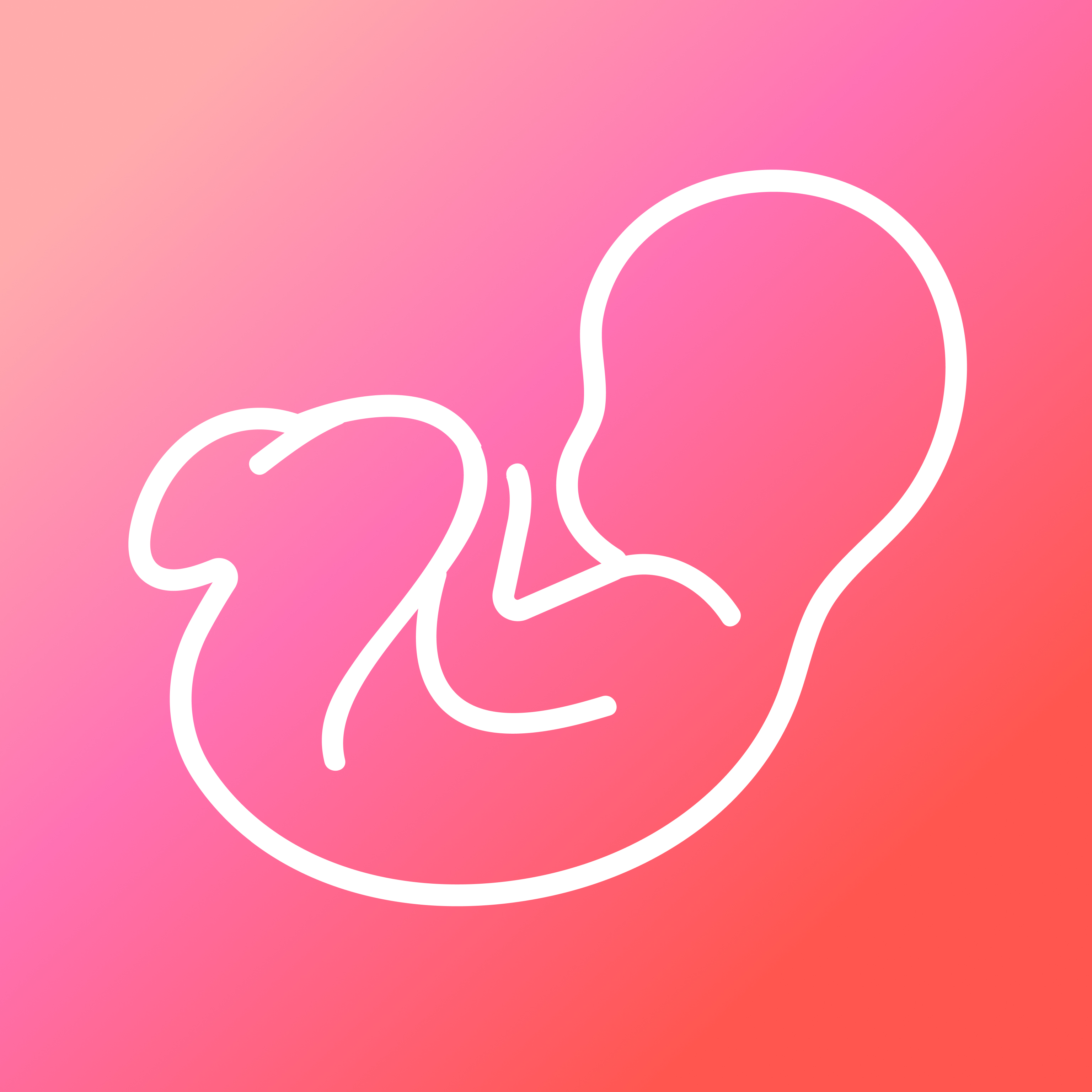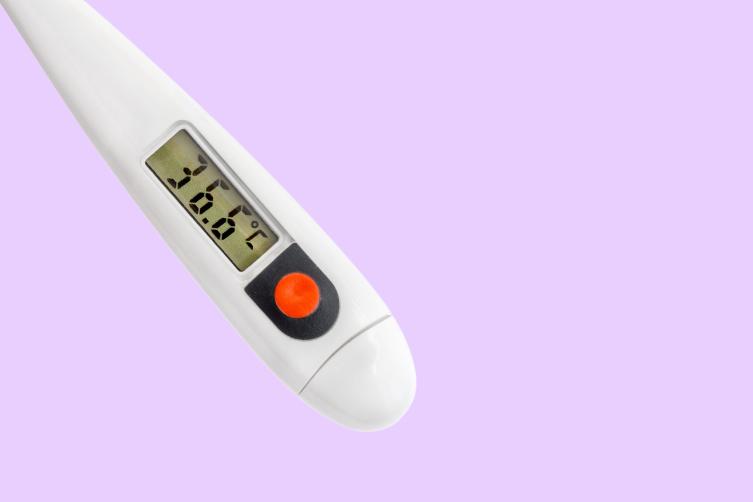A newborn baby should not have a hat on or swaddle. Why? Because it blocks the important natural pheromones that a mother needs to smell to bond with baby. ✨Mothers and babies are wired by nature to recognize each other’s smell. It’s mammalian .. ⭐️Your baby can recognize you on scent alone, and you can recognize your newborn on scent alone. You were meant for this moment. ⭐️Choose to be skin-to-skin with your baby, with no hat between you. ⭐️You want to smell your baby and create that beautiful oxytocin to help with bonding. ⭐️ It can also help to get your breastfeeding journey started Strong





Answer
2
Answer
1